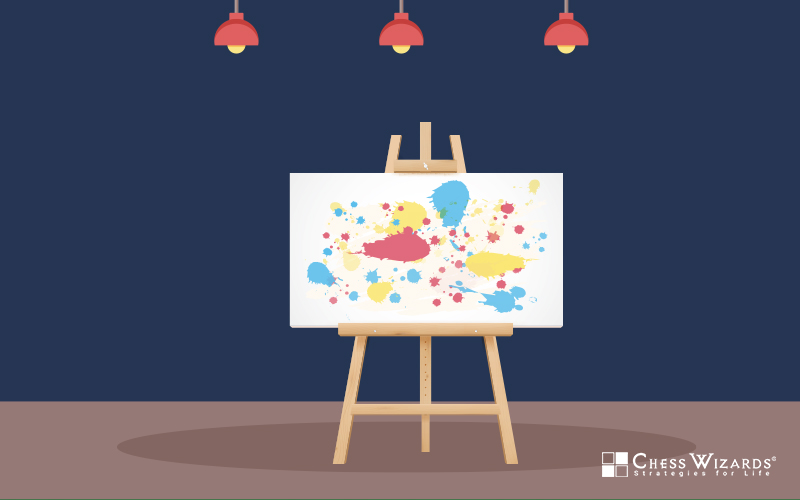Chess is a game often synonymous with intelligence, and has been proven in many studies to be an excellent exercise for the brain. While chess may not help your biceps, your mental health can greatly benefit from playing. Chess has been proven to increase your IQ, improve memory function, help develop higher levels of creativity, simultaneously exercise both sides of the brain, help prevent Alzheimer’s and dementia, and increase a child’s problem solving skills.
Chess is played around the world, with participants from the young to the elderly, so believe it or not, anyone can learn to play. If you want to transform your brain, and help your child transform theirs too - learn chess!
Increased IQ and improved brain function
In a large study of elementary school aged children in Venezuela, after only 4.5 months of studying chess, students had a significant increase in IQ. Learning chess stimulates the growth of dendrites in the brain. With more dendrites the speed, quality, performance, and power of the brain, your body’s computer, increases.
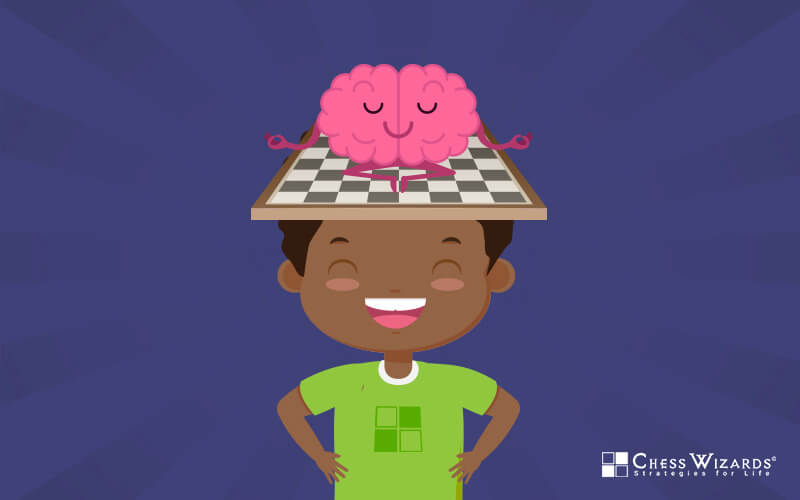
Improved memory function
Most players will say that their memory has improved since they started playing chess. When playing chess, you must remember moves that helped you win in the past, moves that you have previously tried that didn’t work out well, and the moves that your opponent has made.
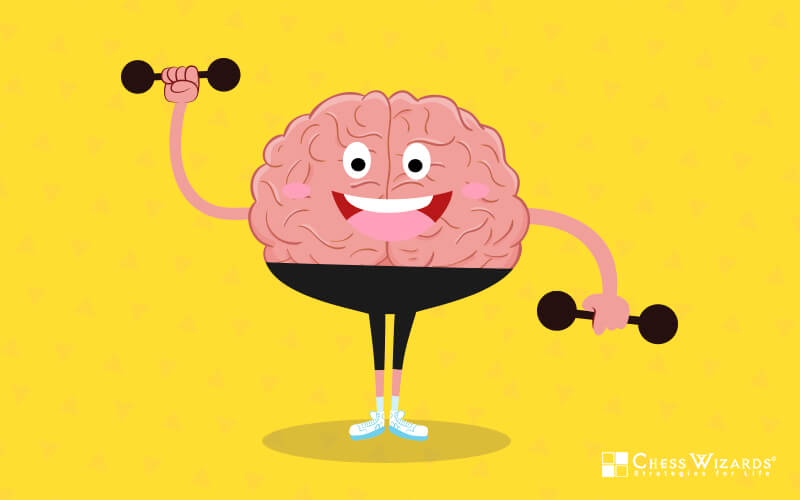
Higher levels of creativity
Playing chess activates the right side of the brain, which is responsible for creativity. As chess skills grow, so does one’s ability to be creative. There are an incredible amount of possibilities during a game of chess, and there aren’t always clear cut answers or solutions to what move will work best. Players must be creative when coming up with ideas in their minds as to what moves they want to try, and how their moves might change depending on the set up of their board.
Exercises both sides of the brain
One of the most important organs in our body is the brain. The brain is around three pounds, and contains 100 billion neurons, and 100 trillion connections. The left side of the brain is responsible for analytical and methodical thinking. The right side of the brain is responsible for creativity. When players engage in a game of chess, both the left and right sides of the brain become highly active.
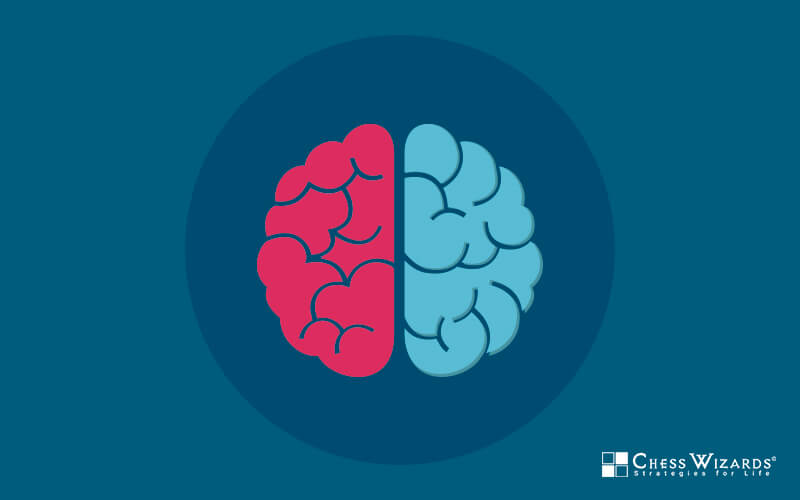
Helps to prevent Alzheimer’s and dementia
The brain works like a muscle, and needs regular exercise to be healthy. The older we get, the more important this becomes. A recent study in The New England Journal of Medicine found that people over the age of 75 who play brain-games like chess, are less likely to develop dementia and Alzheimer’s than their non-playing peers. Chess is not a cure, but it can delay the degenerative process, and decrease the risks of dementia and Alzheimer’s.
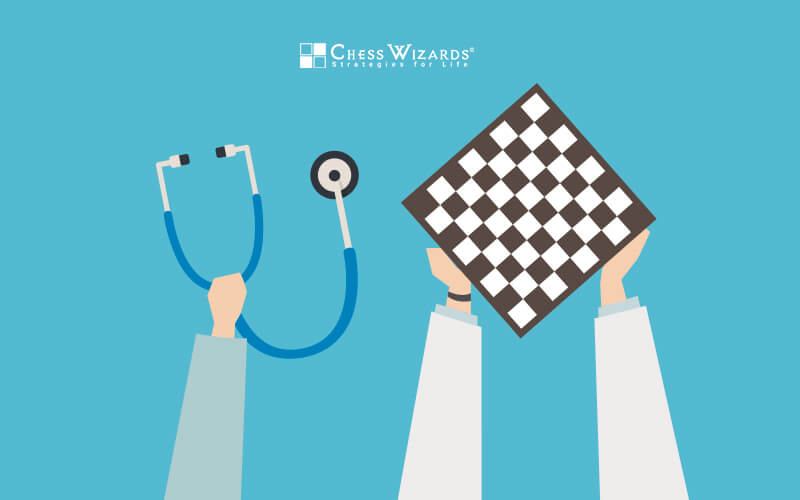
Increases a child’s problem solving skills
Every day we face numerous problems and obstacles that require us to use problem solving skills. Our job as parents is to prepare our children to independently solve problems, and the earlier you start focusing on developing these skills, the sooner you will have independent and confident children. Chess encourages creative solutions to solving problems, and requires fast thinking and problem solving on the fly because your opponent is constantly changing the board. Children introduced to chess at a young age are more likely to do better in school, and have higher math and reading test scores.
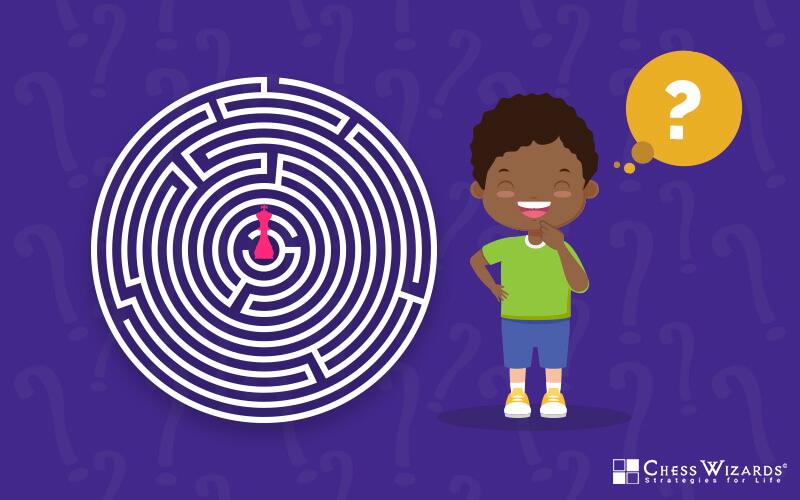
The skills taught through the game of chess go far beyond the board. Learning chess can help children prepare for life difficulties, teach them how to solve problems in a creative way, and benefit children through improved IQ, memory function, and prevention of Alzheimer’s and dementia.
Encouraging your child to learn chess can be one of the best things you do for them developmentally, but you won’t see the results unless you sign them up!

